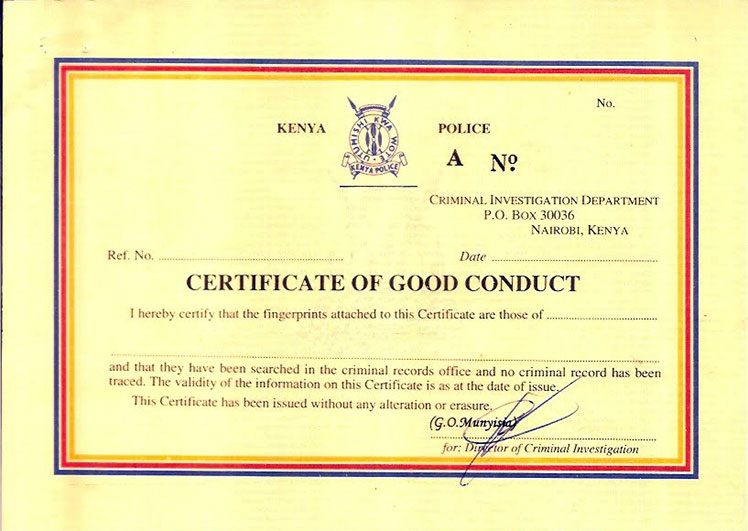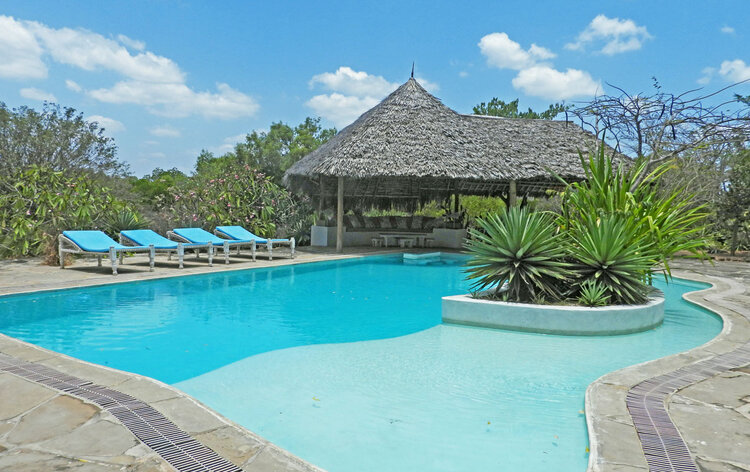A conservationist, an activist and an adventurer, 45-year-old Salisha Chandra dubs herself a rebel with too many causes. While in her late 30s, she left behind her high flying corporate career to make a fresh start in the world of conservation. Armed with passion and the desire to inspire change and make a difference, Salisha started from the bottom and worked her way through the ranks to become the highly respected authority she has become in the field today. She currently serves as the Director of Strategy and Knowledge Management at Lion Guardians, founding member and Managing Director of KUAPO Trust, Strategic Advisor to Global March for Elephants and Rhinos and a board member of Local Ocean Conservation. Salisha shares her journey and insights with Damaris Agweyu.
It's hot today! is this what climate change means?
Yes. You remember when we were growing up, the short rains came in October or November; the long rains were from March to May. It was like clockwork. Now everything is getting more extreme. So you'll have a drought every two years and anytime it rains, we should expect flash flooding. That's all related to climate change; it's extreme weather events happening with more intensity and more frequently.
And yet there are people who continue to downplay, dismiss or deny its existence
Because we're so far removed from what nature is so it's hard for us to see the actual impact of our actions. Everything is nicely packaged for us. We live in concrete, air-conditioned houses where we just turn on our taps and get water or shell out money and the problems go away. But if you look at the Maasai pastoralists, for instance, they are so much more in tune with what's happening in nature because they live it every day. We don't feel the impact of cutting down a tree or building in wetland areas. Thanks to people like Wangari Maathai, we still have carbon sinks that are helping Nairobi breathe. But the more we constrict those spaces, the more we're going to become like another Beijing or New Delhi where there's nothing to soak up the excess carbon dioxide.
An argument has been made that countries cannot grow their economies AND protect the environment simultaneously. It has to be one or the other.
I don't think there needs to be a trade-off. Environmentalists should actually be viewed as partners rather than adversaries to development. The question is, how do we make that conversation a holistic one. We should not just be like, "Oh, here come the tree huggers they just want to make my life difficult". Environmentalists are put in boxes because cognitively, it's just easier to do that. We are not saying that you shouldn't make money, we just want to ensure that you do it sustainably. In the case of the construction of the Standard Gauge Railway, for instance, we really did try to bring some sense into the conversation. It would have been huge for Kenya to set a precedent where the environment and development could win. No one was saying, "Stop the railway", we were just saying, "Find a way to make it work sustainably and here are some options".
Read full story on www.qazini.com→
Qazini is a resource for anyone who is looking to improve their professional lives so they can raise their level of prosperity. We provide you with information that can help you on your journey to executing your dreams, we match employers with the right candidates for the job and job seekers with work that is the right fit for their skills.




